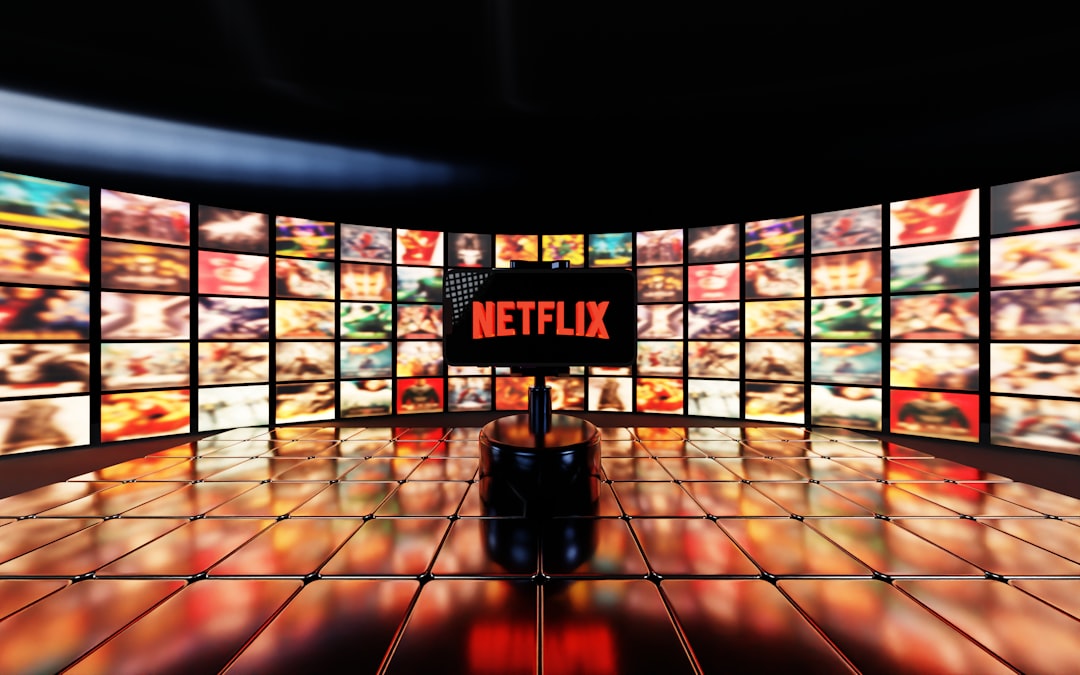Summary
Netflix is diving into generative AI, viewing it as a powerful tool to enhance creativity rather than replace it. While the entertainment industry debates AI’s role, Netflix is cautiously optimistic about how AI can support filmmakers and storytellers. The company has already experimented with AI in visual effects and pre-production, signaling a future where AI aids but doesn’t overshadow human creativity.
Netflix’s Approach to Generative AI
In its recent quarterly earnings report, Netflix highlighted its readiness to leverage advances in AI technology. The company doesn’t intend to rely on generative AI as the core of its content creation but sees it as a way to boost efficiency for creative professionals.
Netflix CEO Ted Sarandos emphasized during the earnings call, “It takes a great artist to make something great. AI can give creatives better tools to enhance their overall TV/movie experience for our members, but it doesn’t automatically make you a great storyteller if you’re not.”
Examples of AI in Netflix Productions
Netflix has already incorporated generative AI in some productions. Earlier this year, the Argentine show The Eternaut used AI to create a scene featuring a building collapsing. Additionally, filmmakers behind Happy Gilmore 2 utilized AI to make characters appear younger in the opening scene. Producers of Billionaires’ Bunker employed AI during pre-production to visualize wardrobe and set designs.
“We’re confident that AI is going to help us and help our creative partners tell stories better, faster, and in new ways,” Sarandos said. “We’re all in on that, but we’re not chasing novelty for novelty’s sake here.”
Industry Concerns and AI Ethics
The use of AI in entertainment has sparked debate, especially among artists concerned about their work being used without consent to train AI models. While studios like Netflix seem inclined to use AI primarily for special effects rather than replacing actors, concerns remain about the impact on jobs in visual effects and other behind-the-scenes roles.
These discussions intensified after OpenAI released its Sora 2 audio and video generation model without strict safeguards, enabling users to create videos featuring actors and historical figures. Hollywood’s SAG-AFTRA and actor Bryan Cranston have urged OpenAI to implement stronger protections against deepfakes.
Looking Ahead: AI’s Role in Storytelling
When asked about the potential impact of AI tools like Sora on Netflix, Sarandos acknowledged that content creators could be affected but expressed less concern about the broader movie and TV industry. “We’re not worried about AI replacing creativity,” he reassured investors.
Netflix’s Recent Financial Performance
Netflix’s quarterly revenue grew 17% year-over-year, reaching $11.5 billion, although this figure was slightly below the company’s forecast.
